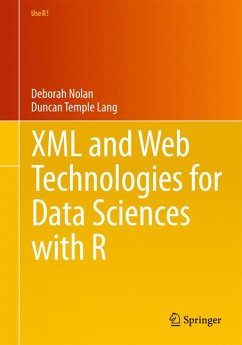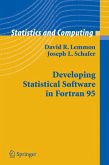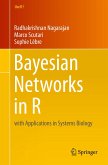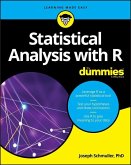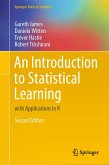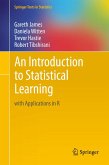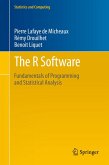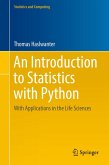Along with these general skills, the authors illustrate several applications that are relevant to data scientists, such as reading and writing spreadsheet documents both locally and via GoogleDocs, creating interactive and dynamic visualizations, displaying spatial-temporal displays with Google Earth, and generating code from descriptions of data structures to read and write data. These topics demonstrate the rich possibilities and opportunities to do new things with these modern technologies. The book contains many examples and case-studies that readers can use directly and adapt to their own work. The authors have focused on the integration of these technologies with the R statistical computing environment. However, the ideas and skills presented here are more general, and statisticians who use other computing environments will also find them relevant to their work.
Deborah Nolan is Professor of Statistics at University of California, Berkeley.
Duncan Temple Lang is Associate Professor of Statistics at University of California, Davis and has been a member of both the S and R development teams.
Dieser Download kann aus rechtlichen Gründen nur mit Rechnungsadresse in A, B, BG, CY, CZ, D, DK, EW, E, FIN, F, GR, HR, H, IRL, I, LT, L, LR, M, NL, PL, P, R, S, SLO, SK ausgeliefert werden.
Hinweis: Dieser Artikel kann nur an eine deutsche Lieferadresse ausgeliefert werden.

